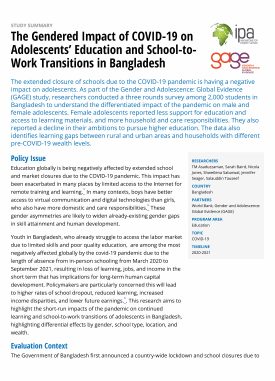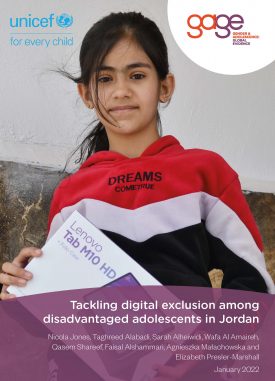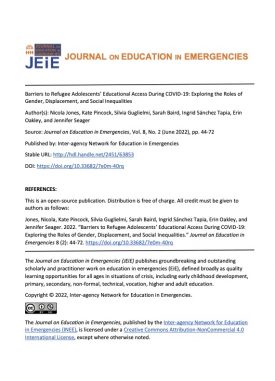School closures during the covid-19 pandemic disrupted learning among students globally, with concerns for long-term impacts on adolescent well-being and likely differential effects for boys versus girls. This study explores the gendered impacts of covid-19-related school closures on continued learning and motivation among secondary-school students in Bangladesh and presents short-term impacts of a cluster randomized intervention that offered students an innovative, virtually-delivered Growth Mindset curriculum. During the covid-19 pandemic, our analysis highlights that boys were significantly more likely to engage with media for continued learning, whereas girls were more likely to use books and paper assignments. Motivation for learning and aspirations for higher education fell during the covid-19 pandemic, particularly for girls. The randomized Growth Mindset intervention, which promoted the idea that individual characteristics, such as intelligence can be developed through practice, results in significant increases in adolescent motivation and aspirations across both genders. For boys, the effect sizes are large enough to compensate for negative covid-19 pandemic impacts; however, due to the larger negative impacts of the pandemic for girls, a covid-19 pandemic-related gender gap persists. Our findings suggest that a virtually-delivered Growth Mindset intervention mitigates the negative impacts of extended school closures, but that additional policies are needed to address gender differences in adolescent outcomes.
Suggested citation
Seager, J., Asaduzzaman, T.M., Baird, S., Sabarwal, S. and Tauseef, S. (2022) ‘Gender, Growth Mindset, and Covid-19: A Cluster Randomized Controlled Trial in Bangladesh’ Review of Economic Analysis 14(2): 183-219 (https://openjournals.uwaterloo.ca/index.php/rofea/article/view/4963)


